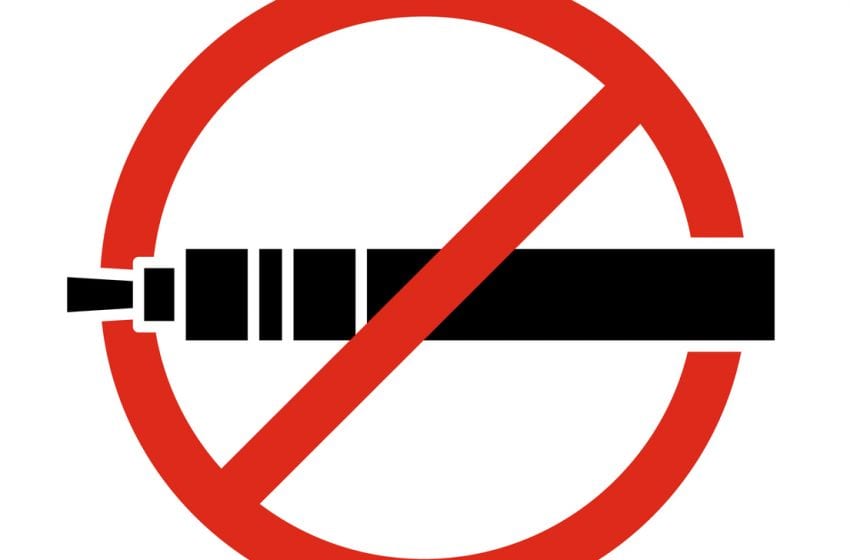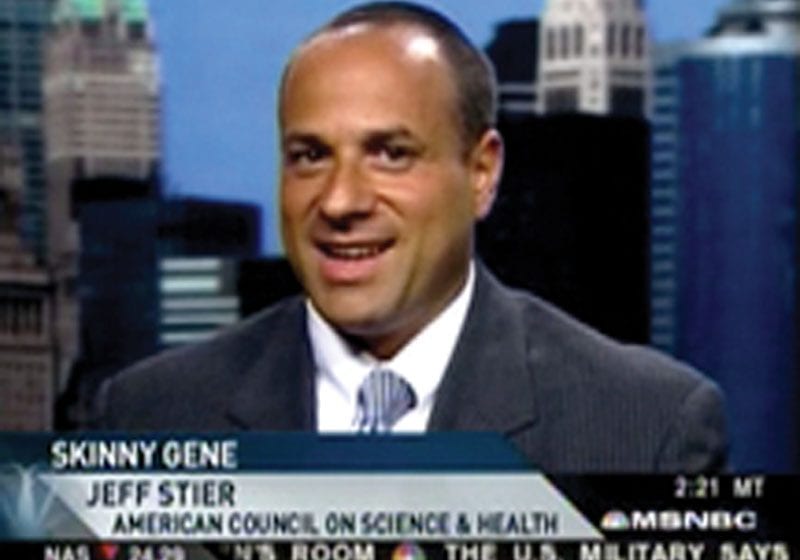A health-care policy advisor at the Heartland Institute has questioned whether the US Environmental Protection Agency (EPA) can build an argument demonstrating that vaping creates a public harm.
And in replying to his own question, Dr. John Dale Dunn, MD, JD, said: “The answer is no, they can’t”.
Dunn and two other vaping- and tobacco-policy experts, were responding to news that on Monday the New York State Senate had passed a measure that would treat vaping exactly like cigarette smoking is treated: banning it everywhere smoking is banned indoors, including in restaurants, bars, and offices.
The Heartland Institute in February published a booklet titled Vaping, E-Cigarettes, and Public Policy Toward Alternatives to Smoking, which encouraged policymakers to be mindful of the extensive research that supported tobacco harm reduction and to understand that ‘bans, excessive regulations, or high taxes on e-cigarettes could encourage smokers to stay with more-harmful traditional cigarettes’.
“Any effort to control or ban vaping is built on the claims that second-hand smoke causes harm,” said Dunn. “Bypassing the ridiculous premise, built on junk science research by the EPA, that second-hand smoke is harmful, the question is: Can the EPA or its allies build an argument that vaping, which produces water vapor after inhaling nicotine, be shown to create a public harm? The answer is no, they can’t.
“There is no research or science that shows vaping causes second-hand harm, so the campaign is the usual effort to impose a preference by a leftist hegemon. I would suggest, instead, that vapers be left alone while we consider the benefits to them by foregoing the smoking of cigarettes.”
Meanwhile, Matthew Glans, senior policy analyst at The Heartland Institute, said the New York Senate’s decision to treat vaping in the same way as conventional smoking was treated was both short-sighted and potentially harmful.
“Vaping is not the same as smoking tobacco products, and many smokers use e-cigarettes to stop smoking, thereby reducing the likelihood of suffering in the future from serious tobacco-related illnesses such as lung cancer,” he said. “E-cigarettes and other vaping devices have far fewer negative consequences for both vapers and bystanders, so they should not be treated in the same way. While many supporters of this ban would argue total ‘cold turkey’ cessation is the only safe route towards quitting smoking, for many this method will simply never work and vaping may be their best option.
“Protecting the vaping market from over-regulation is important. According to many in the public health community, e-cigarettes are far safer than combustible cigarettes, and several studies show they remain one of the most successful methods used by smokers to stop their consumption of tobacco. The American Association of Public Health Physicians concluded e-cigarettes ‘could save the lives of four million of the eight million current adult American smokers who will otherwise die of a tobacco-related illness over the next 20 years’.”
Looking at the likely effects of the New York measure on the ground, Jeff Stier (pictured), senior fellow, National Center for Public Policy, and research policy advisor, The Heartland Institute, said that New York’s smoking ban was passed to achieve two primary goals, the first of which was to limit exposure to second-hand smoke. The second primary goal was to limit the places smokers could smoke cigarettes, with an eye towards getting them to quit.
“Treating e-cigarettes like cigarettes can’t possibly lower exposure to second-hand smoke, because there is no second-hand smoke from e-cigarettes,” Stier said. “The law could only increase exposure, by removing an incentive to switch from smoking. And by falsely suggesting that the products are the same, by treating them equally under the law, this ban will undermine the prospects that smokers will switch, by making it more difficult to replace the harmful behavior with a far less risky one. Especially in a bar, where the temptation to smoke is higher, removing the option to vape is especially wrong-headed.
“When you walk past a bar and see a group smoking outside, it’s likely that some of those smokers would prefer to be vaping inside with their co-quitters. Once they are forced outside, the temptation to revert back to smoking will be too hard for many to overcome, especially after a couple of drinks. This is what we mean when we talk about ‘unintended consequences.’ In this case, the consequences are deadly.
“The bottom line is that smokers in New York are quitting smoking and using e-cigarettes instead. This law would undermine that.”









